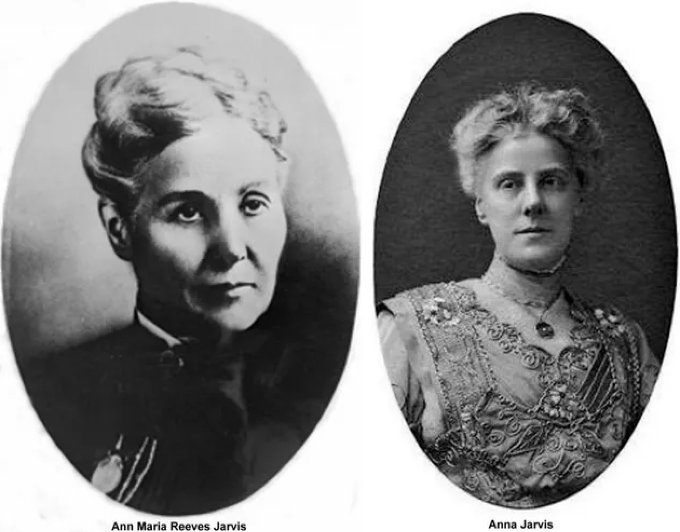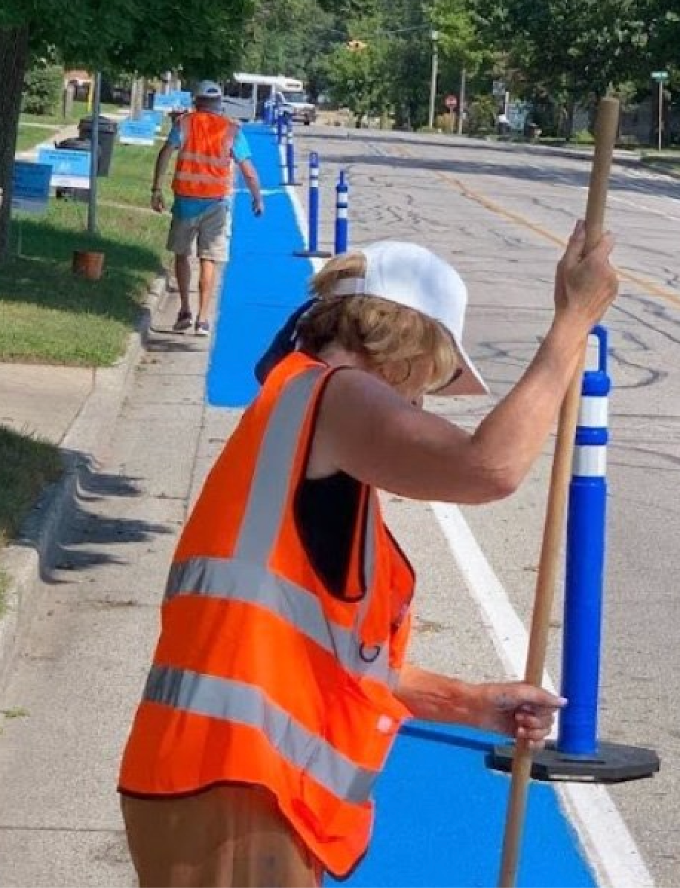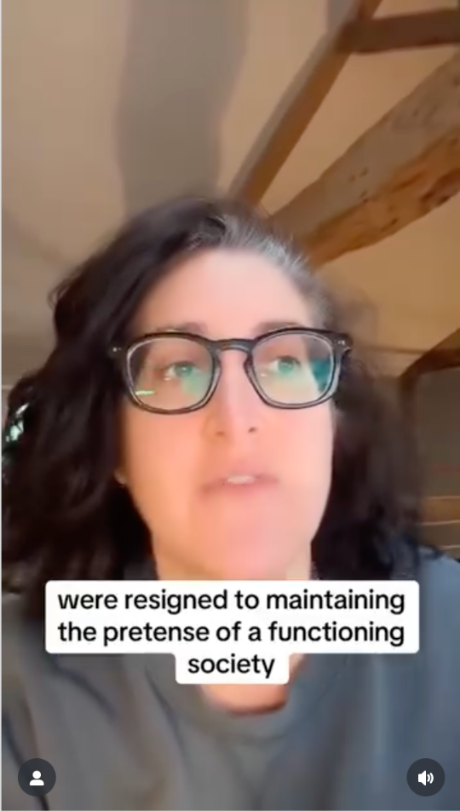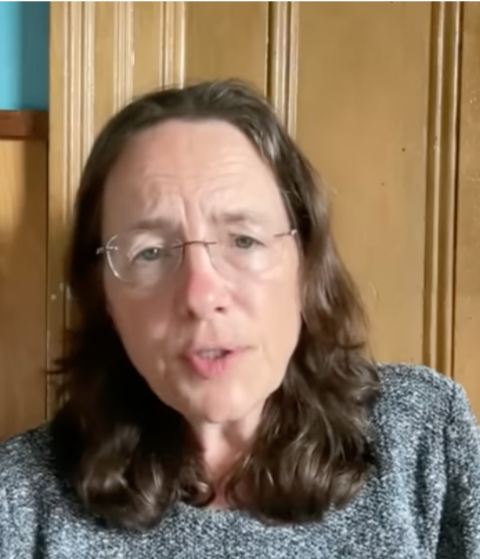May 9, 2025
Civics
The original spirit of Mother’s Day was a spirit of pacifism, progress, community care, and support for mothers.

Ann Reeves Jarvis was an Appalachian activist who organized women during the Civil War to support soldiers on both sides. After the war, she created “Mother’s Friendship Day” to help reunite divided families, and she launched “Mother’s Day Work Clubs” to address poor living conditions and reduce infant mortality.
Julia Ward Howe, best known for writing “The Battle Hymn of the Republic,” proposed a “Mother’s Day of Peace” in 1870. She envisioned a day for mothers to unite against war. Her version was celebrated in Boston for nearly 30 years.
In 1907, Anna M. Jarvis began campaigning for an official Mother’s Day to honor her late mother. She rallied support from civic leaders and organizations, and in 1908, a memorial service was held at her mother’s church in West Virginia. That event helped solidify Mother’s Day as a national observance, later set for the second Sunday in May.
In her unflinching and tender essay, Megan Pillow shares her experience of Mother’s Day as a single mother. She writes about the isolation she felt—first inside her marriage and then after it ended—and how the holiday’s rituals could feel hollow and even wounding in their perfunctoriness.
She traces Mother’s Day back to its roots in collective action and maternal advocacy, connecting the challenges faced by single mothers today to broader systemic failures: lack of maternal health care, rising maternal mortality, and insufficient support—especially in marginalized communities.
No card or bouquet, she argues, can make up for those failures. Instead, she offers an invitation to reclaim Mother’s Day: as a time to care for ourselves, lift up other mothers, and recommit to collective well-being.
Let’s join her.
Activism




